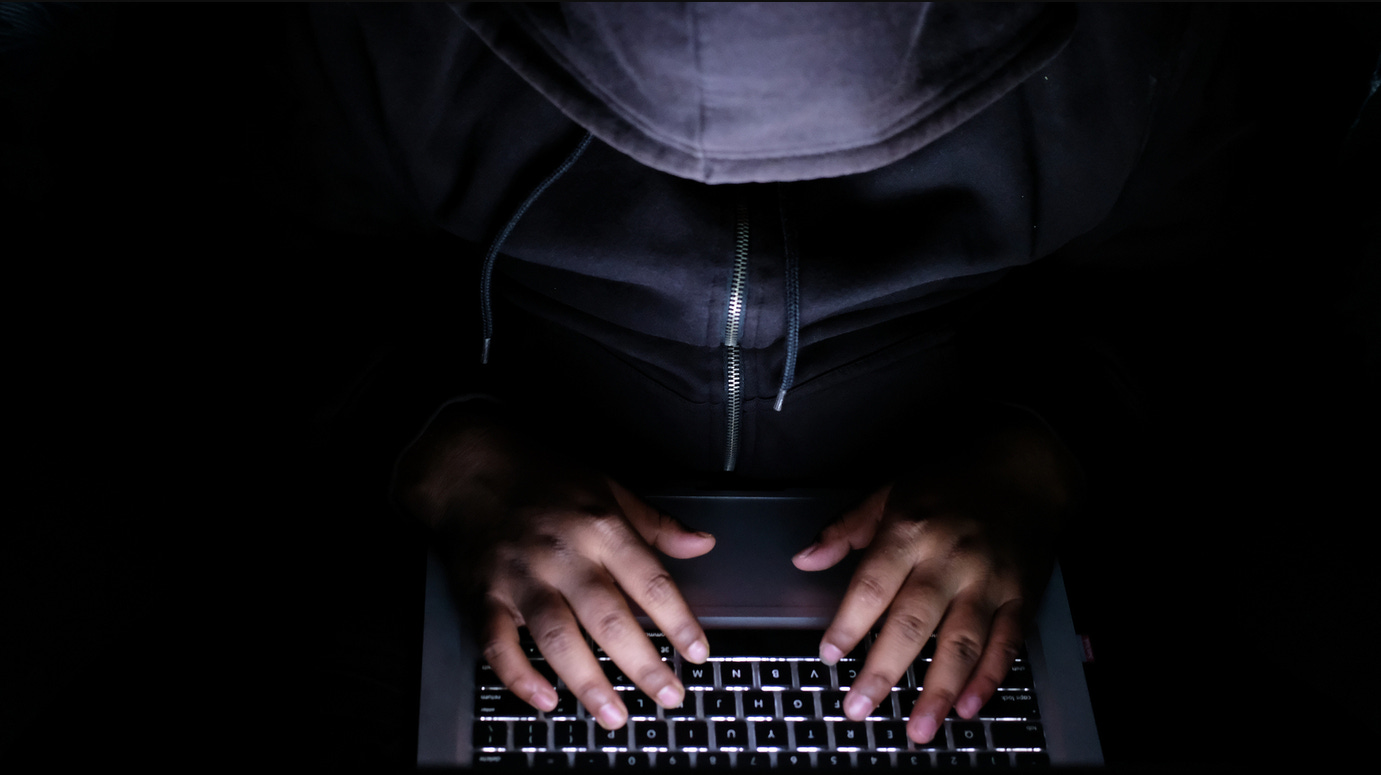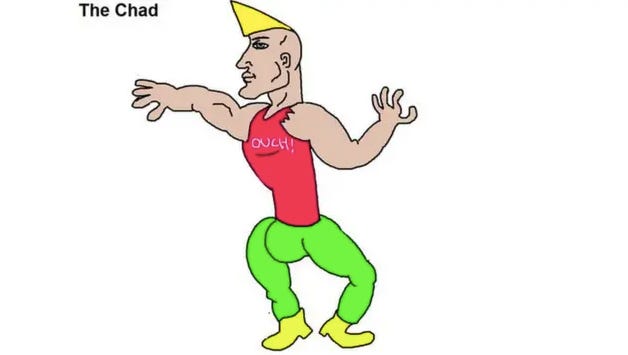TW: Discussions of SA and violence
Incels are by no means a new phenomenon. The term was originally coined in the 1990s by a woman named Alana, who sought to create an online support group for people struggling to form romantic relationships. Her intention was to foster a community of mutual understanding and empathy. However, by the 2000s, the term was appropriated by online communities steeped in misogyny, twisting the concept in a far darker direction.
But who are Incels, and what does this term actually mean today?
The word "Incel" is a portmanteau of "involuntary" and "celibate," referring to individuals, usually men, who desire romantic and sexual relationships but feel unable to attain them. Frustration over this lack of intimacy has led to the creation of online forums where they vent about their romantic shortcomings, often with others who share similar experiences.
However, within these forums, Incels promote not just frustration but a dangerous mix of misogyny, self-loathing, and contempt for modern dating standards. They frequently blame women and society at large for their perceived failures, promoting violence, racism, and traditional, hetero-masculine norms as solutions.
As of 2021, there were an estimated 100,000 Incels who were active on the forums. About 90% of Incels are under the age of 30; 55% are white; the majority are heterosexual and over 80% of them are from Europe and North America.
These individuals operate largely behind screens, engaging in discussions on platforms like Reddit, 4chan, and incels.is. Such forums have become breeding grounds for extreme political and social views, providing a space where members encourage each other to act on their anger and alienation.
Recent acts of mass violence carried out in the name of Inceldom have thrust this fringe community into public consciousness. Incel-related violence is a manifestation of male supremacy, and while some research has begun to focus on this issue, the broader threat Incels pose to women, society, and even themselves requires further attention.
Incel Core Beliefs:
Incels share common beliefs about gender, society, and race that they feel explain their situation. Though these views vary in extremity from member to member, three themes are central: masculinity, lookism, and violence.
Masculinity
Incels subscribe to a binary, traditional view of gender roles, believing that society's shift toward feminism has allowed women too much control over the ‘sexual marketplace’ (the ability to decide which men are worthy of their affection). They desire a return to traditional, heteronormative gender roles, where women are subordinate to men.
In more extreme cases, some Incels believe that sex is a ‘human right’ for men, framing themselves as victims when they are denied it. They see men who successfully engage with women as occupying the top of the social hierarchy, while their own lack of success places them at the bottom.
The men at the top are called ‘Chads,’ who are characterised by their good looks, social status, and sexual success. Incels believe ‘Chads’ are the most desired by attractive women, whom they label ‘Stacys.’
A popular belief within the community is the "80:20 theory," which posits that the top 20% of attractive men (Chads) receive 80% of the attention and sexual opportunities with women. Incels argue that modern women value looks and power above all else, leaving them at a disadvantage.
Lookism
Incels believe women perpetuate a ‘looks-based hierarchy,’ which they feel is the primary reason women reject them. According to Incels, women seek out men with high ‘erotic capital,’ which includes physical attractiveness, social standing, and sexual desirability.
‘Lookism,’ as Incels define it, is prejudice or discrimination based on physical appearance. They see themselves as victims of this hierarchy, placing ‘Chads’ and ‘Stacys’ at the top and themselves at the bottom.
Some Incels claim to possess specific ‘Incel features’ that make them unattractive to women. These traits can include being short, overweight, having a weak jawline, small wrists, or a small penis, attributes they feel doom them to perpetual rejection.
This concept divides the Incel community. They categorise ‘truecels’ as those whose physical features are unchangeable and permanently exclude them from relationships, while ‘fakecels’ are seen as men who could potentially alter their appearance to become more attractive.
Attempts to enhance one's looks are referred to as ‘looksmaxxing.’ This can range from simple actions like wearing lifts in shoes and improving personal hygiene, to more extreme measures like plastic surgery or bone-smashing to alter facial structure.
Violence
Many of the beliefs held by Incels are accompanied by violent ideologies and tendencies. This violence often stems from frustration and rage toward women, which Incels see as a way to cope with their romantic failures and reclaim their masculinity.
The violence perpetuates online and offline, where violence against women is encouraged and deemed acceptable. Examples of this is the campaigning for legalised rape and state-mandated girlfriends.
By 2020, there had been almost 50 recorded murders committed by men who identified as Incels or aligned with the ideology. Elliot Rodgers is hailed as an ‘Incel saint’ after a mass killing spree in 2014 in California where he tried to target a sorority house. His motivation for the attacks was to seek revenge on the society and women who had denied him sex.
Rodger's actions have inspired other Incels to commit violence in the name of Inceldom, underlining the real and growing threat this community poses to society. Though much of their rhetoric is confined to online spaces, the forums act as echo chambers, amplifying calls to violence.
Incel Experience of BlackPilling
Incels’ core beliefs lead many of them to adopt the concept of ‘BlackPilling,’ a fatalistic outlook inspired by the 1999 movie The Matrix. Originally, Incels adopted the term 'RedPilling’ to represent the realisation that misandry (hatred of men) is preventing them from achieving intimacy, and that society needs to revert to patriarchal values.
‘RedPilling’ is the realisation that misandry is taking over and suppressing their chances of intimacy, therefore society needs to revert back to the patriarchy. ‘BlackPilling’ is the more fatalistic version where Incels believe they are powerless in regaining their power over women and should give up hope of personal or social change. This ideology fosters a sense of hopelessness and deepens their alienation.
In my next article, I’ll delve deeper into the lived experiences of Incels and explore the impact of ‘BlackPilling’. For now, this introduction sheds light on who Incels are and how their beliefs shape their behaviours and actions.



